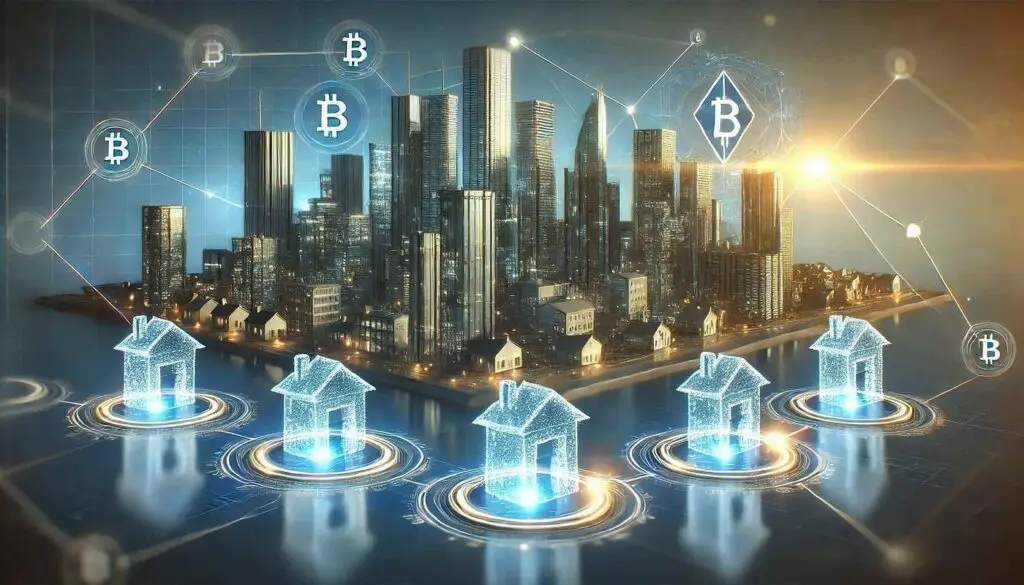The global property market is entering a new era — and Dubai is leading the way. With the rise of tokenized real estate, investors across the world can now own fractions of premium Dubai properties without the traditional barriers of high capital, paperwork, or geographical limits. This innovation is not just transforming Dubai’s skyline but also reshaping how international real estate investment works.
What is Tokenized Real Estate?
Tokenization converts a property into digital tokens using blockchain technology. Each token represents a share of ownership, which means an investor can buy, sell, or trade these tokens just like stocks. This opens the doors for small, medium, and large investors to participate in Dubai’s real estate boom.
For example, instead of buying a full apartment worth $500,000, an investor can own just 1% of the property through tokens — making global real estate more accessible, transparent, and liquid.
Why Dubai is the Perfect Hub for Tokenized Property
Dubai has already established itself as a global hub for real estate and innovation. With its investor-friendly policies, smart city infrastructure, and rapid adoption of blockchain, Dubai is becoming the world’s laboratory for tokenized real estate models.
Authorities have also been encouraging digital transformation, ensuring secure transactions and compliance, which further boosts investor confidence.
Benefits for Global Investors
- Accessibility – Entry into prime Dubai property with minimal investment.
- Liquidity – Tokens can be traded on secure digital platforms, unlike traditional real estate.
- Transparency – Blockchain records every transaction, ensuring trust.
- Diversification – Investors can spread risk by owning small shares in multiple properties.
This shift is bringing real estate investing closer to how digital assets and stocks are traded — fast, borderless, and inclusive.
How Nile Connects with This Digital Shift
At Nile, we believe that the tokenization revolution in Dubai is also a reminder of how every industry must adapt to digital innovation. Just as real estate is going digital, businesses too need strong web presence, mobile apps, and digital branding to stay competitive.
Our services — from web design and development to digital marketing, app creation, and branding — help brands position themselves strongly in this rapidly evolving digital economy. For instance, companies dealing in blockchain or real estate tokenization often require secure websites, scalable web hosting, and creative marketing strategies to reach global investors.
By combining modern design, reliable development, and digital growth strategies, we empower businesses to thrive in the same innovative landscape that Dubai’s real estate market is now showcasing.
The Future is Digital Ownership
Dubai’s tokenized property model is a glimpse of the future where ownership is digital, borderless, and accessible to all. For investors, it means opportunities once limited to a select few are now open to anyone with vision. For businesses, it highlights the importance of adopting digital-first strategies to remain relevant.
At Nile, we help businesses unlock their digital potential with powerful web design, development, and marketing solutions. If you’re ready to take your brand into the future — just as Dubai is doing with tokenized real estate — let’s build something extraordinary together. Contact Nile today.
// Request a Quote
Stay Connected, Flow with Us.
We’d love to hear from you! Whether you have a question, feedback, or need assistance, our team is here to help. Reach out today, and let’s connect!